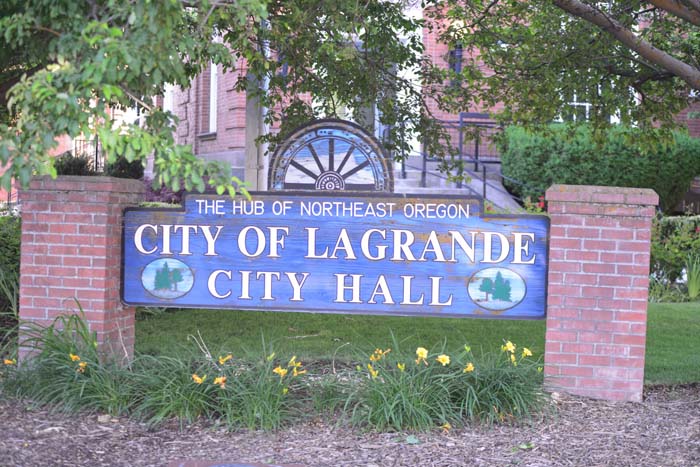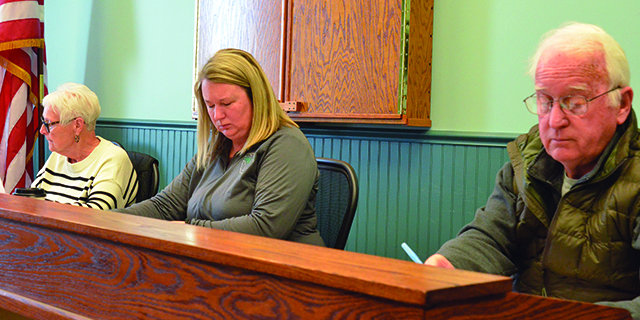Vector control plans aerial spraying
Published 11:12 am Saturday, June 21, 2008
Union County Vector Control will be conducting aerial spraying for the control of adult mosquitoes in select areas Tuesday from about 9 p.m. to midnight.
The affected areas include the overflow of Catherine Creek, the Grande Ronde River and Willow Creek, and rural sites surrounding Imbler and Union.
No spraying will occur over towns.
Kelly Beehler, vector control coordinator for the county, said he will be contacting landowners in the spray zone prior to the control work.
Because the spraying won’t be over residential areas, Beehler said most people won’t need to avoid outdoor activities. He said he may be advising such precautions when talking to those affected by the spraying.
The chemical used is Naled, which goes by the trade name of Trumpet EC. It is the same used during last summer’s aerial spraying over several Union County communities in an effort to address the prevalence of West Nile virus in local mosquitoes.
Naled is classified as a category I pesticide by the Environmental Protection Agency. While it can be toxic to birds, insects and aquatic organisms, Beehler said these effects are mitigated by the very low concentrations of the chemical used in the spraying.
“This type of treatment exposes less chemicals to the environment because it reduces the amount of treatments needed to be effective,” he added.
The high water level and impressive precipitation of this spring has resulted in a bumper crop of mosquitoes.
“It’s the worst I’ve seen it,” Beehler acknowledged. “It’s absolutely unreal.”
While he’s been applying larvicide for months now to target developing mosquitoes, control efforts directed at adults has greatly expanded in the past week or so, he said.
Since then, Beehler has been ground-spraying from a truck nearly every night. For that work, the chemical Malathion is used.
He said more than 100 calls regarding mosquito complaints have come into the office this past week alone. In an average year, he guessed around 250 come in the entire summer.
He said the intent of Tuesday’s aerial spraying is to knock down the mosquito population and reduce the spread of the insects from outlying areas into more populated zones.
“We probably won’t see the severity we’re seeing right now after this spray,” Beehler said.
For one thing, aerial spraying can often reduce local mosquito numbers by 90 percent. And after the spring snowmelt and rains, major flooding is unlikely for the rest of the summer, lessening the likelihood of massive hatches.
“I could spray a farm 10 times, or I could do aerial spraying once and spray the farm,” Beehler said.
He noted that it was difficult to predict the severity of this summer’s West Nile virus season. Cold, wet springs sometimes depress the spread of the virus, Beehler said, but monitoring will still be vigorous.
Union County Vector Control does respond to individual complaints about mosquitoes, although Beehler noted that due to the high volume of such calls this time of year, it may take a few days.
Beehler also urges homeowners to check for standing water on their property, especially after the region’s recent rainy stretch, that can encourage mosquito breeding.
For more information about Tuesday’s spraying – or to report mosquito problems or for advice with standing water mitigation – contact Union County Vector Control at 963-2974.
For more information about pesticides, visit http://www.epa.gov/pesticides .





